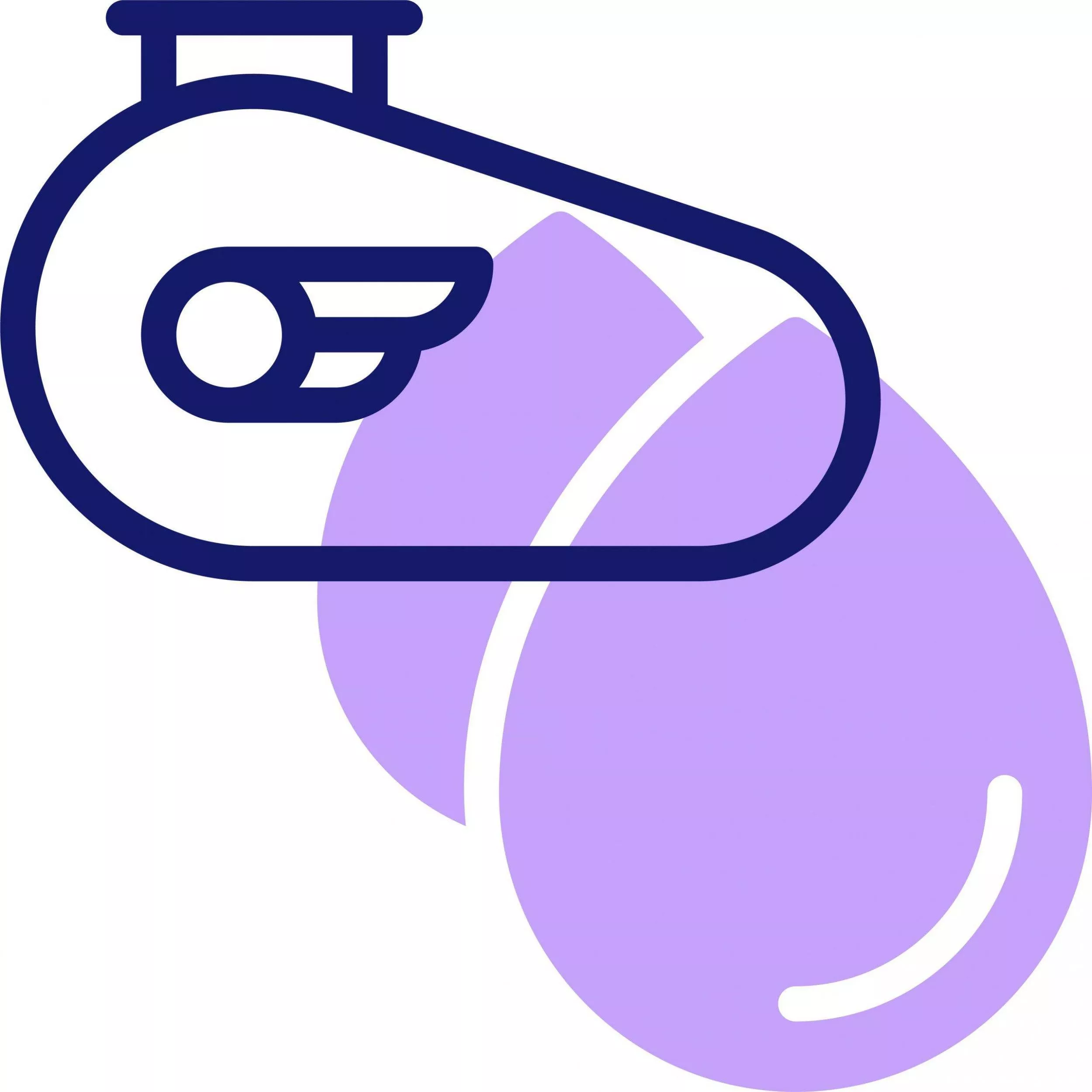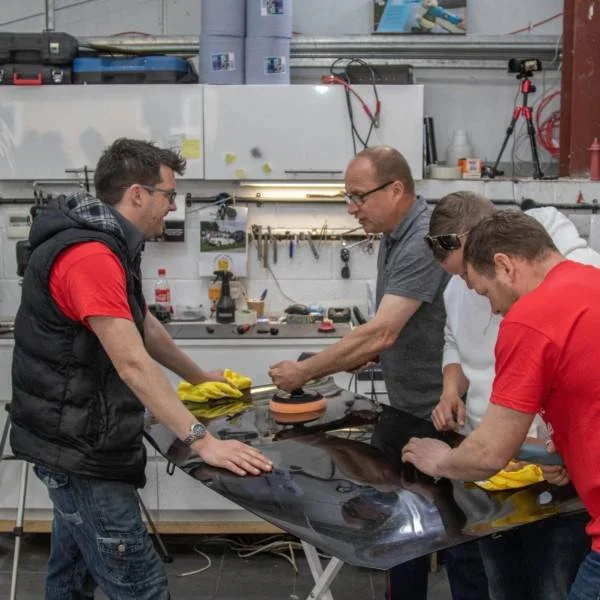Want to start detailing Motorcycles?
Detailers should always be on the lookout for new ways to diversify their business and attract new clientele, so why not start with the 1.1million motorbikes registered for use on UK roads?
Mopeds, Trikes, Motorcycles; quick wash and rinse down. Easy, right? There are a few things that you will need to be aware of specific to motorcycles, however…
Of course, we have the basics, such as not dressing the tyres grips or footpegs in case you inadvertently make them slippery; not removing all of that nasty grease from the drive chain – which is quite important it turns out – etc, etc… But there are some others which may not appear to be immediately obvious.
For instance, have you considered the pH level of your cleaning chemicals and how they may have the possibility of affecting some types of surfaces commonly found on motorbikes? This isn’t the same as avoiding harsh chemicals on certain areas of a car, for example – with a bike there is much less forgiveness, as everything is mashed into one small two-wheeled package, and trying to spray a product on one part whilst avoiding another is much trickier…
A vast number of motorcycles use aluminium parts. Much more lightweight than an equivalent steel component, but more prone to surface oxidation, so it is common for these parts to be anodised to provide some protection and to keep them looking shiny. Anodising is an electrolytic process that imparts an oxide layer onto the surface, however, the more potent an alkaline cleaner is – the easier it will strip that layer away to reveal the bare metal beneath. Anodising is not something that is easy to fix and will often warrant replacing the entire part. If it’s a frame, use the wrong chemicals and you’re into big money fixes.
Alkaline products will also etch the surface of the aluminium itself. In fact, a common way to prepare aluminium for painting or coating is to soak it in an alkaline solution such as Caustic Soda (Sodium Hydroxide) to key the surface.
The issue is, that you may require some of the benefits of alkaline products to help wash and degrease the traffic film and dirt deposits from the machine you are working on, so it becomes a case of paying attention to how concentrated the alkaline of your chosen chemicals are. If we keep in mind that Aluminium is at its most stable between 4 and 8.5 on the pH scale it becomes apparent that it can take more acid exposure than alkaline, but a weak alkaline – such as a mild pre-wash, correctly diluted – should be perfectly fine to use. However, if you try to reduce the dilution to use as a heavy degreaser, even within manufacturer specs, you’re taking risks.
Now that we understand how extremes of pH, and their concentration – ie, how active they are in contact with a surface – can affect aluminium, it is also worth noting that strongly acidic products such as heavy-duty wheel cleaners may also cause issues. And that’s only two materials that make up the tens of surface types, all exposed on a bike. All are slightly different, and all need a thought process before you start spraying.
What is the upshot of all this?
Simply keep in mind that you need to select your chemicals carefully to ensure their suitability for the task at hand – which, to be honest, should be the case in any event – and whereas you may naturally reach for a strongly alkaline degreaser to help remove oil deposits as they are relatively cheap, perhaps look to some other products such as limonene or ethanol that may need additional care to use, but will do the job more efficiently and safely in this instance – albeit commonly at greater expense.
… And the next time someone pops-up online suggesting you use Oven Cleaner to clean a bike engine – just smile politely and back slowly away…
If you would like to learn more about the intricacies of motorcycle detailing – from safely moving the bike and putting it on a paddock stand to work on; to how to remove fairing panels and polish more intricate fuel tanks – take a look at our Motorbike Detailing course. Or, if you’re considering our levels course to start a new business, you can add it as a bolt-on day within Level One to cover you on a whole extra avenue of business.






